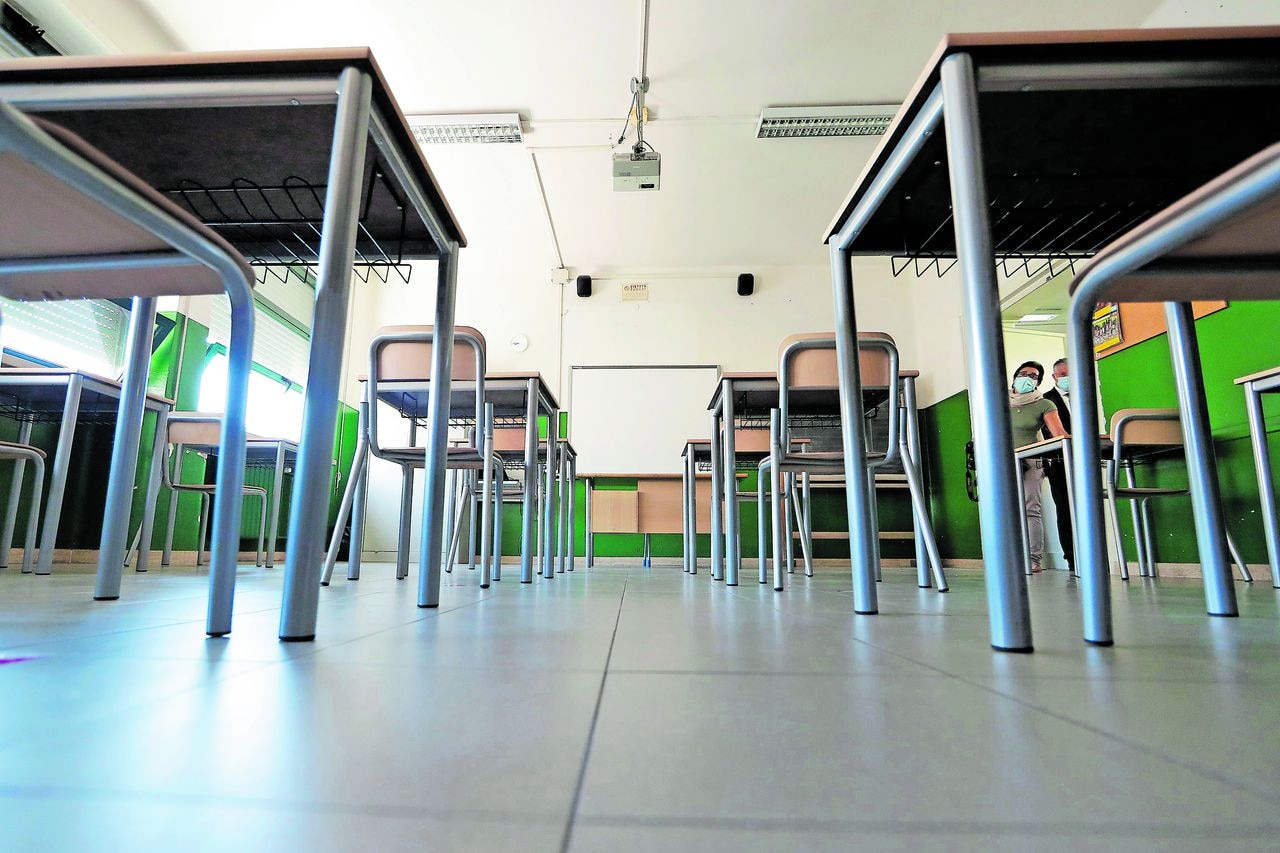Vestavia Hills parent plans to withdraw student after ‘persistent’ bullying
For 83 days, Mary Beth Ford noticed a change in her son.
She thought he had “found his tribe” at Pizitz Middle School in Vestavia Hills, where he had a good group of friends and was active in sports. But since his first day of eighth grade in August, he started to act more withdrawn.
It wasn’t until January that Ford finally learned the reason: Two of her son’s white classmates had been calling him racist slurs every day at P.E. class while others watched and said nothing, she said. Ford and her son are Black.
“I knew that when I went into the school that this was going to happen to me,” Ford recalled her son saying to her recently, explaining why he dreaded going to school each day. “That I was going to hear ‘monkey,’ that I was going to hear the N-word.”
Ford’s son finally told her about the harassment as the spring semester was about to start, she said. He was worried the slurs might escalate into a physical conflict.
Read more Ed Lab: Alabama private schools took more than $50 million in PPP loans.
Read more Ed Lab: Cullman parents, students grapple with impact of racist video.
“When these issues are not handled, they come back up again and then the kids end up handling it,” Ford told AL.com on Wednesday morning, two days after meeting with administration about the boys’ behavior.
She decided to pull her son out of Vestavia Hills and enroll him in a different school district.
“I think a part of him wanted to stay at the school because it was familiar to him for the past four years,” she said. “But when you have damage that has gone on for 16 weeks – 83 days is how I counted it all up – when you have an issue that is persistent like that… it’s like abuse of any type. You just know that it’s coming.”
In recent years, a few Alabama school districts – most of them predominantly white – have addressed incidents of white students making racist threats or using hate symbols.
Alabama doesn’t publicize specific data on school bullying or hate speech, but state data shows that about 4% of all infractions are due to reported harassment, threats or intimidation. In 2022, Pizitz Middle reported 72 behavior infractions, seven of which were for harassment and two of which were threats.
Some laws, like the Jamari Terrell Williams Act, are meant to specifically address racist behavior in schools. But enforcement can be uneven across school districts, since it’s often left up to local systems to address discipline issues.
According to Vestavia Hills’ code of conduct, use of hate speech is initially classified as an “intermediate offense,” slightly more severe than possession of a cell phone. It may be scaled up to a major offense upon further investigation.
When she met with administrators Monday morning, Ford said she was told they were investigating the matter, but the school had yet to address it with other parents or students.
On Tuesday, a family member posted a TikTok video adding attention to the incident.
On Wednesday, Principal Alicia Hunsberger emailed district parents. She did not reference the incident or anyone involved, citing privacy concerns, but said officials were “committed to continuing the good work of character education for the sake of every student in our school.”
“I cannot control the media, nor will I comment on any specific student at Pizitz. Our students and families have a right to privacy,” she wrote, noting that administration follows the code of conduct when approached with information about “unacceptable” behavior. “As a parent, you can be assured that we take a thorough approach to responding to student behavior in an effort to discipline with consequence and teaching. I believe our students need both.”
Neither the school or the district has responded to questions from AL.com.
At Pizitz Middle, Black students make up 7% of the school population, and Black staff make up only 4%, according to state data. The administration is also all-white – something that, Ford said, officials noted as they struggled to come up with a plan to move forward.
Ford said that when she spoke with the principal, Hunsberger asked her to contribute ideas around sensitivity training and diversity planning, which she didn’t think was appropriate.
Ford said the administration’s lack of awareness around these kinds of issues forced the tough decision to change schools.
Since he opened up to her that Friday evening, Ford said she’s noticed a new change – a positive one – in her son.
He leaves his door open, rather than staying in his room with the windows blacked out. He plays with his younger brother. He even comes downstairs and strikes up a conversation with her every now and then.
“I feel like I have my son back,” she said. “I’m just happy that he spoke up when he did, because it was necessary.”
